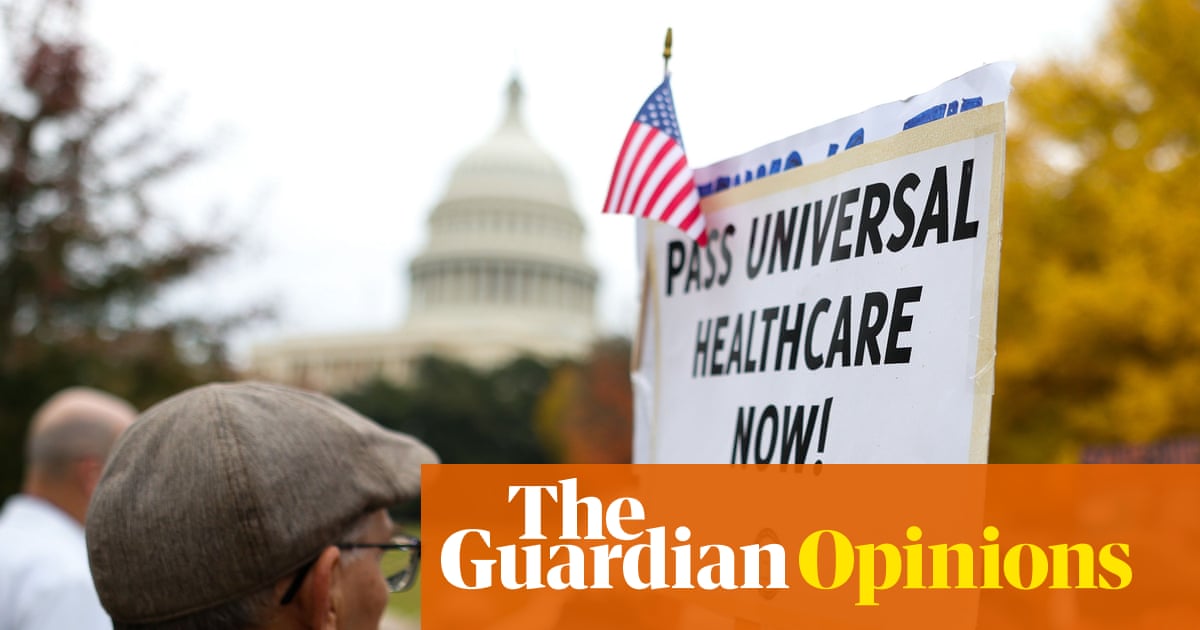
"Deductibles. In-network. Out-of-network. Concierge medical services. Out-of-pocket expenses. Co-payment. Co-insurance. Benefit advisers. Insurance brokers. Healthcare consultants. ACA. HMO. PPO. EPO. POS. HDHP. HSA. FSA. HRA. EOB. COBRA. SHOP. Single coverage. Dependent coverage. Premium tax credits. Confused? You should be. Who understands all this stuff? Not the typical business owner. Nor the typical employee. Choosing the right healthcare insurance for our business or for our families seems like it requires a PhD in healthcare."
"Our healthcare system isn't just complicated, it's expensive. According to a recent study from research firm KFF the average family pays $27,000 annually for their health insurance (up 6% from last year). The average employer health insurance cost is expected to surpass $17,000 per employee in 2026, a 9.5% jump from 2025. Now the government is shut down because Democrats want to stop Republicans from axing tax credits that experts say will lead to a doubling of premiums for millions of Americans."
"I'm not proposing national healthcare. I'm proposing that our already existing Medicare system an insurance system simply expand to cover everyone. Our infrastructure doesn't change. The way our healthcare providers get paid changes. Trust me, they'll adapt. A national health insurance program would require contributions from both employees and employers. In the UK an employee making 60,000 (about $78,000) a year must contribute 3,211 ($4,174) to their healthcare (about 5.3%). Their employer must contribute 8,250 ($10,725 or about 13.75%)."
The U.S. healthcare landscape contains myriad plan types, acronyms, and cost-sharing terms that overwhelm typical employers and employees. Healthcare costs are high and rising, with the average family paying $27,000 annually and employer costs projected above $17,000 per employee in 2026. Political disputes over premium tax credits risk further premium increases and have contributed to a government shutdown. A proposed approach would expand the existing Medicare insurance system to cover everyone while keeping infrastructure intact and changing provider payment methods. A national program would require contributions from both employees and employers, with international examples showing employer contributions often exceed employee shares.
Read at www.theguardian.com
Unable to calculate read time
Collection
[
|
...
]